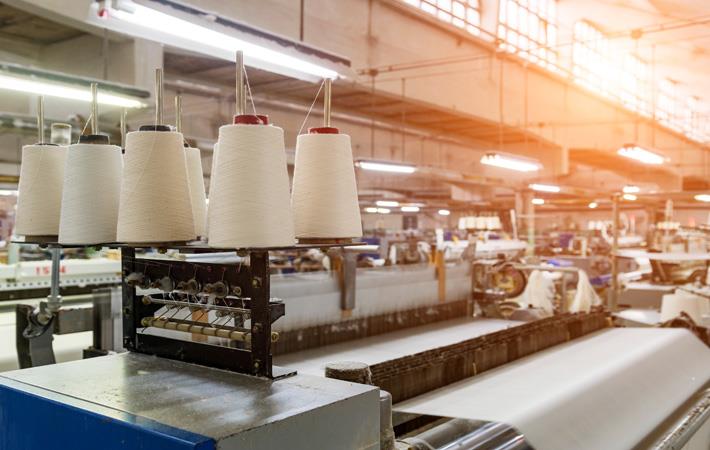Amid concerns over the Indonesia's textile industry’s future because of the ongoing US-China trade war, Indonesian Textile Association (API) chairman Ade Sudrajat recently urged the government to formulate a strategy to overcome the probable negative impact of the trade war on the economy. Ade suggested three steps to ensure that the industry stays healthy.
First, the domestic market should be kept on high alert for potential fallout from the trade war by ensuring that regulations do not hamper or create difficulties for industry stakeholders, he said.Amid concerns over the Indonesia's textile industry's future because of the ongoing US-China trade war, Indonesian Textile Association (API) chairman Ade Sudrajat recently urged the government to formulate a strategy to overcome the probable negative impact of the trade war on the economy. Ade suggested three steps to ensure that the industry stays healthy.#
Second, the industry should expand beyond its traditional markets, to areas such as the Middle East, Africa and Latin America, he said.
Third, businesses must use their market access as far as possible in an aggressive manner, an Indonesian newspaper report quoted Ade as saying.
Indonesia's textile exports have increased for three consecutive years, to $13.3 billion in 2018 from $12.8 billion in 2017 and $12.3 bllion in 2015. Ade believes this may rise to $15 billion this year.
The industry’s biggest obstacle is the need to import raw materials and therefore, it is looking into locally-produced rayon fibre, he said.
Asia Pacific Rayon (APR) leads the cellulose fibre industry in Indonesia. The company has its own plantations in the country, which supply the raw material, eliminating the need for imports. The company also has potential to expand its rayon exports to new markets.
With falling prices of Chinese products, the company may face tighter competition. However, Ade said APR could offer semi-finished materials to China. (DS)
Fibre2Fashion News Desk – India
